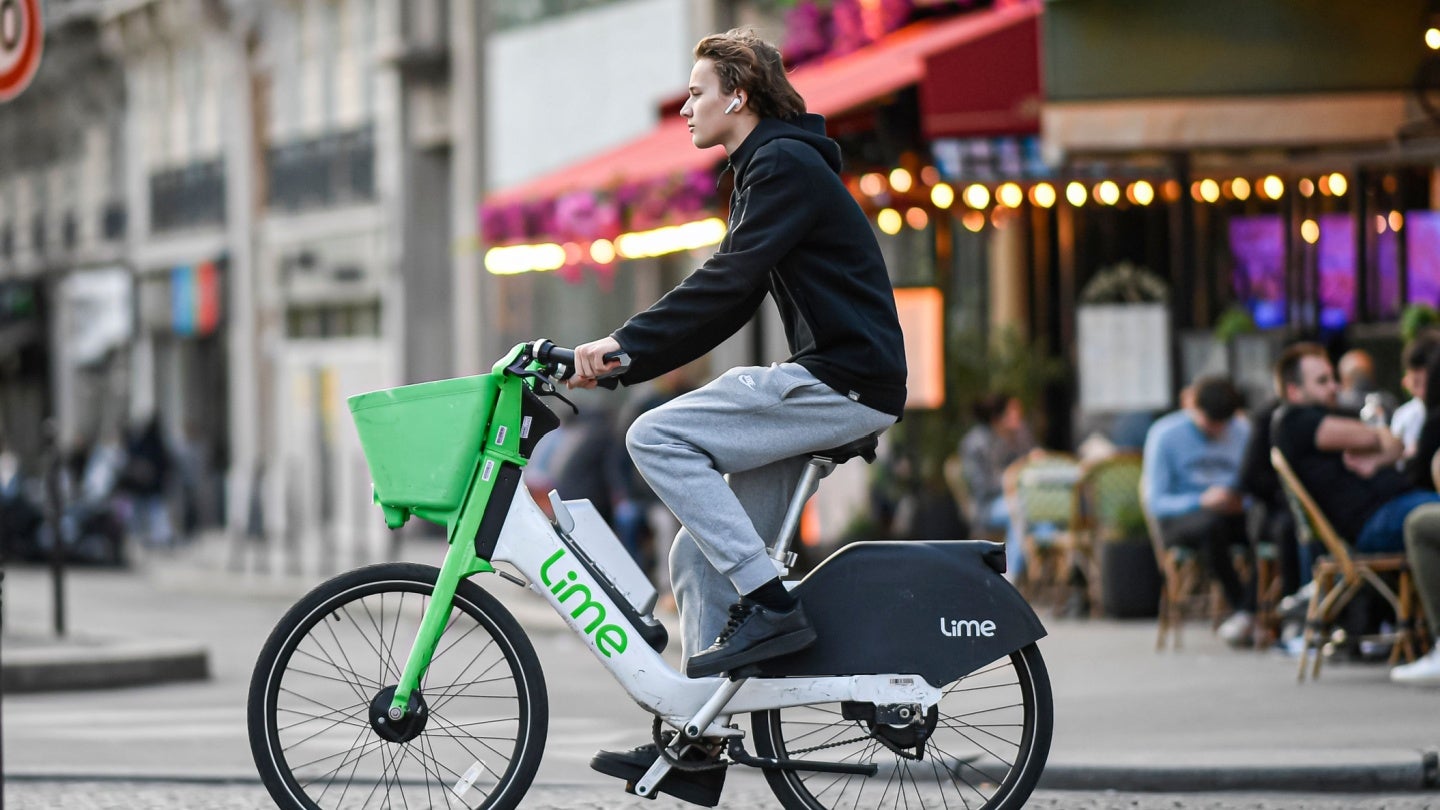The demand for shared mobility services is unfurling worldwide.
Shared mobility is a system of transportation in which common vehicles are used by multiple people either consecutively or concurrently. This system includes multiple modes of traveling, such as car sharing, bicycle sharing, carpools, and more. Generation Z, which includes anyone born between 1997 and 2012, is a major driver of this trend.
Since most Gen-Zers cannot afford to own a car, or increasingly live in cities where they see no need to own one, shared mobility is often their go-to transportation solution. There is also a growing environmental consciousness among younger generations and a willingness to make lifestyle changes in the face of the climate crisis—such as giving up private car ownership.
Beyond Gen Z, in an increasingly urbanised world, car ownership is becoming less and less of a necessity for everyone, with the UN predicting that over 68% of the world’s population will live in urbanised locales by 2050. These are spaces in which public transportation and shared mobility services can replace private car ownership. Alongside these factors, continued cost of living pressures means more people are opting out of car ownership and the added burden of road tax, insurance, and maintenance.
The private car ownership model is dead or dying for much of the urban Gen Z cohort
While, in real numbers, car ownership is obviously up from its pioneering start in the 19th century, we are now seeing declines. In a 2022 article, John Vidal noted that car ownership which was already “stuttering before the pandemic, [is] now declining in China, Russia and Germany”. And for many of the urbanised young, there is increasingly no need to learn how to drive. This is where shared mobility comes in, particularly bicycle-sharing schemes, that combine Gen Z’s cost-saving and environmentally conscious goals.
Lime Bikes are one such popular solution. Neutron Holdings is the company behind Lime, a California-based transportation company that offers shared scooters, bikes, and mopeds. Since Lime’s start in 2017, it has continually expanded and now operates in more than 150 cities across 30 countries.
How well do you really know your competitors?
Access the most comprehensive Company Profiles on the market, powered by GlobalData. Save hours of research. Gain competitive edge.

Thank you!
Your download email will arrive shortly
Not ready to buy yet? Download a free sample
We are confident about the unique quality of our Company Profiles. However, we want you to make the most beneficial decision for your business, so we offer a free sample that you can download by submitting the below form
By GlobalDataThe shared mobility eco-friendly solution is facing a PR crisis
However, despite the demand for a convenient transportation solution suited for city populations, as well as pushing the needle on sustainable living, Lime bikes have been the butt of many jokes and criticism. While some complain about the price being too high, the real criticism boils down to Lime etiquette. Too many Lime bikes are left recklessly parked, missing pedals, or generally worse for wear.
This happens most to the fleet of stolen Lime bikes. Many users quickly figured out that if you run and jump-start a Lime bike, you can break the wheel lock, and secure endless free rides. There are countless videos on social media platforms, like TikTok, with thousands of views showing how to successfully “hack” a Lime bike.
These bikes can be heard around major cities by the clicking of the broken lock. Once stolen and out of the surveillance of Lime, this under-the-radar fleet can be abandoned, battered, and tossed aside in any street. This not only damages the public perception of a sustainable transport solution, but presents real challenges to pedestrians, especially those who are visually impaired or otherwise disabled, and to the caretakers of our cities. But most importantly perhaps, it taints the reputation of an imagined car-free, low-emission, and movement-focused future.
Who will address the lack of bike-sharing etiquette?
Local governments and Lime itself have attempted to enforce parking regulations, increase surveillance, and roll out features that make the bikes harder to steal. In times of ramping economic pressures and expensive urban centres, it is no surprise that this will continue.
Perhaps instead of policing this behaviour, continued work on affordable cycling schemes, improved cycling infrastructure, and the prioritisation of locally owned bike-sharing businesses (instead of those spawning out of Silicon Valley) are the real solutions to bolstering positive sentiment towards a shared mobility future.








